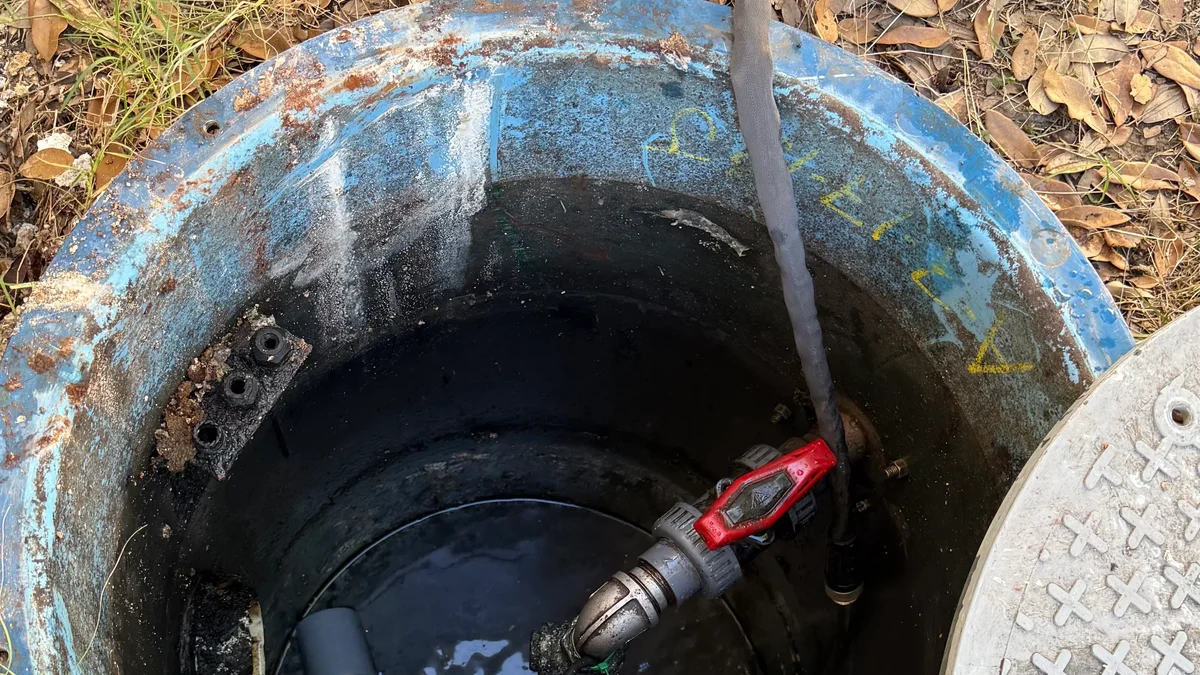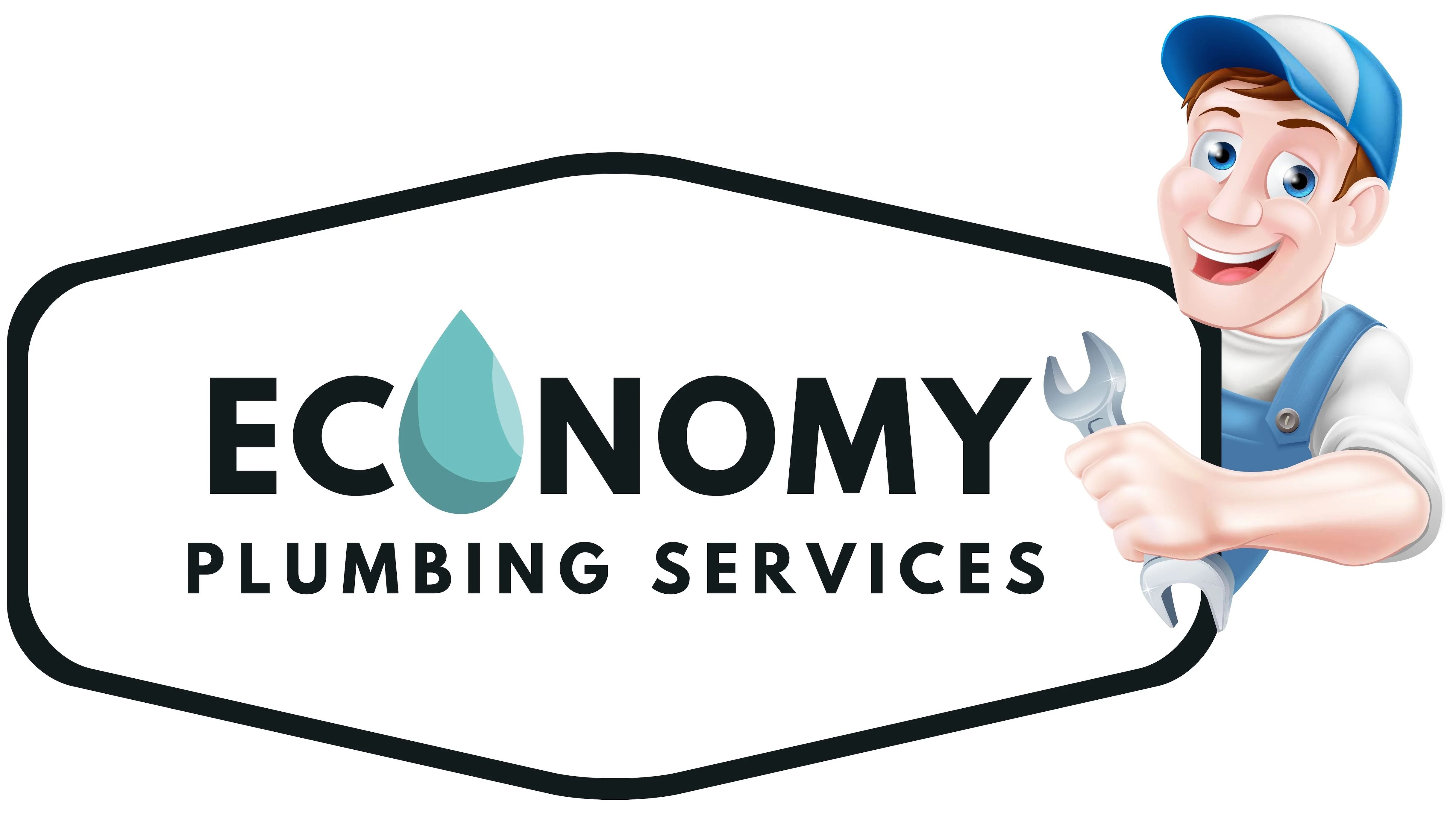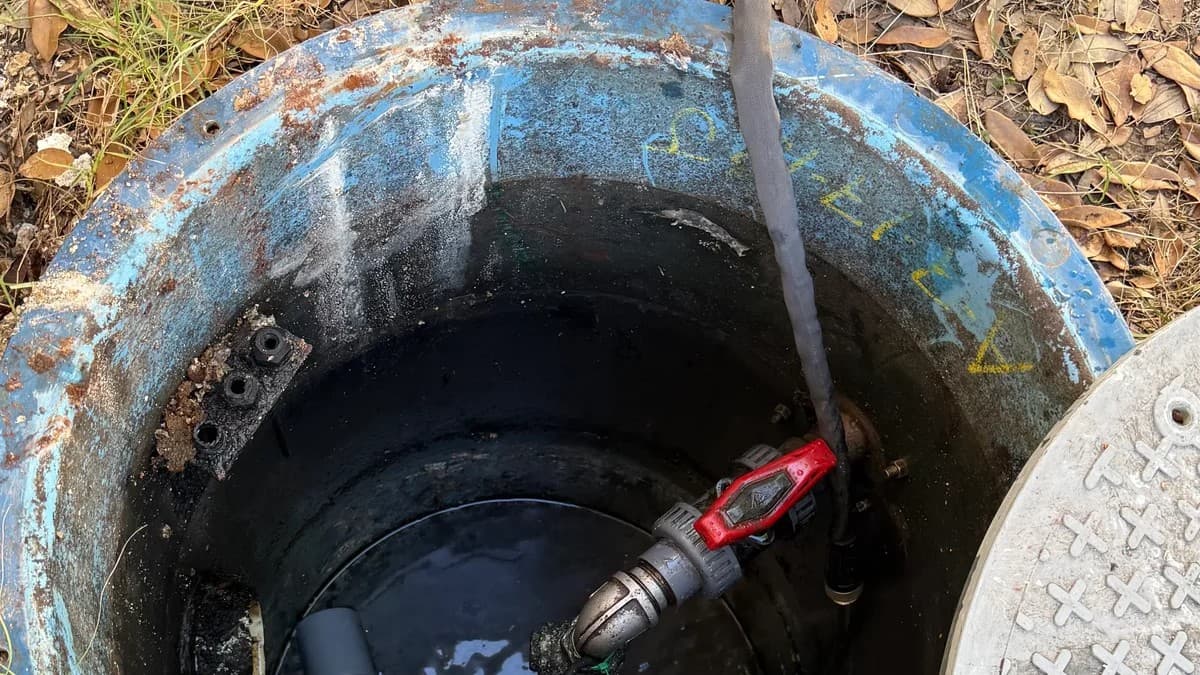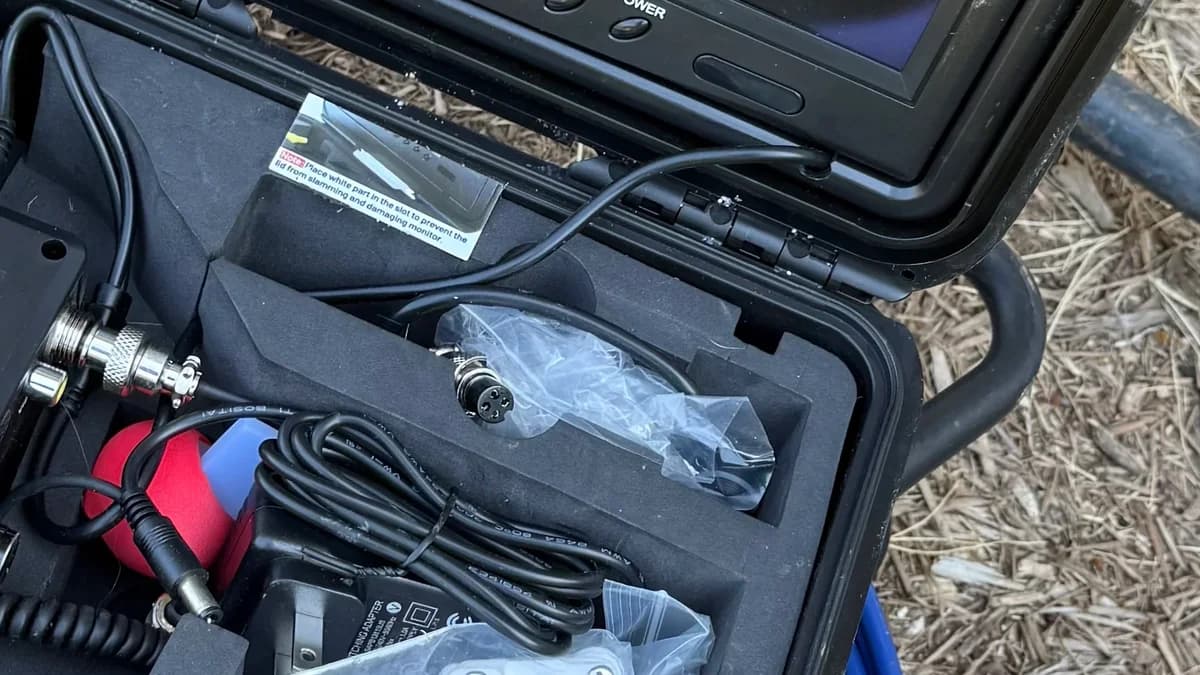Your Guide to How Often Should I Test My Backflow Preventer?

How Often Should I Test My Backflow Preventer in Austin & Marble Falls?
Backflow preventers protect Austin and Marble Falls water supplies from contamination, but they only work when properly maintained. Understanding testing requirements and schedules is essential for property owners in Central Texas. This guide explains exactly how often you need to test your backflow preventer and why it matters.
Texas Law: Annual Testing is Mandatory
State and Local Requirements
In Texas, including Austin and Marble Falls, the law is clear:
- Annual Testing Required: Every backflow prevention device must be tested at least once per year
- Certified Testers Only: Tests must be performed by a licensed backflow prevention assembly tester
- Documentation Mandatory: Test results must be submitted to your water provider
- Non-Compliance Penalties: Failure to test can result in water service disconnection
Austin Water and Marble Falls utility departments enforce these requirements strictly.
Why Annual Testing Exists
The law protects public health:
- Cross-Connection Control: Prevents contaminated water from entering the public supply
- Device Degradation: Backflow preventers have mechanical parts that wear over time
- Early Problem Detection: Annual testing catches failures before contamination occurs
- Community Protection: One failed device can compromise the entire water system
Understanding Your Backflow Preventer
What It Does
Backflow preventers stop water from flowing backward:
- Normal Flow: Clean water flows from the street into your property
- Backflow Event: Pressure changes can reverse flow direction
- Protection: Device prevents your water from flowing back into public supply
- Contamination Prevention: Keeps chemicals, bacteria, and waste from entering drinking water
Common Backflow Causes in Central Texas
Austin and Marble Falls experience unique backflow risks:
Fire Hydrant Use:
- Firefighting creates sudden pressure drops
- Can pull water backward through property lines
- Common during Central Texas wildfire season
Main Line Breaks:
- Pipe breaks cause pressure loss
- Affects entire neighborhoods
- More frequent in areas with aging infrastructure
High Water Demand:
- Peak usage times reduce system pressure
- Summer irrigation increases risk
- Austin's growing population strains capacity
Irrigation Systems:
- Sprinklers using chemicals or fertilizers
- Especially risky in Marble Falls's agricultural areas
- Pool fill lines create cross-connection hazards
Testing Schedule Requirements
Annual Testing Timeline
Plan your testing strategically:
Best Testing Months:
- February-April: Before irrigation season begins
- Less Busy: Shorter wait times for certified testers
- Moderate Weather: Ideal conditions for outdoor testing
- Compliance: Ensures you're covered for the entire year
Avoid:
- Peak Summer: High demand for testers
- Holiday Periods: Limited tester availability
- Extreme Weather: Testing may need rescheduling
Who Needs Testing?
Backflow preventer testing applies to:
Commercial Properties:
- All businesses with backflow devices
- Restaurants and food service establishments
- Medical and dental offices
- Car washes and industrial facilities
- Landscaping and irrigation companies
Residential Properties:
- Homes with irrigation systems
- Properties with pools or spas
- Homes with fire suppression systems
- Any property with a backflow device installed
Multi-Family Housing:
- Apartment complexes
- Condominiums
- Townhome communities
- Mixed-use developments
The Testing Process
What Testers Inspect
Certified testers check:
Physical Condition:
- Device exterior for damage or corrosion
- Proper installation and positioning
- Accessibility for testing and maintenance
- Age and overall condition
Functional Testing:
- Check valve operation
- Relief valve function
- Spring tension measurements
- Pressure differential tests
Compliance Verification:
- Correct device for application
- Proper installation per code
- Adequate clearances
- Updated registration
Testing Duration
Typical testing takes:
- Simple Residential: 15-30 minutes
- Commercial Devices: 30-60 minutes
- Multiple Devices: Add 20 minutes per additional unit
- Repairs Needed: Additional time for parts/labor
Cost Expectations
Austin and Marble Falls testing costs:
Residential:
- Single Device: $75-$150
- Multiple Devices: $50-$100 each additional
- Annual Service Plans: $100-$200 per year
Commercial:
- Standard Testing: $100-$200
- Complex Systems: $150-$300
- Emergency Testing: $200-$400
Costs vary based on device type, accessibility, and tester rates.
When More Frequent Testing Is Needed
High-Risk Facilities
Some properties require quarterly or semi-annual testing:
Medical Facilities:
- Hospitals and surgery centers
- Dental offices
- Dialysis centers
- Veterinary clinics
Food and Beverage:
- Restaurants with chemical dishwashing
- Breweries and beverage production
- Food processing facilities
Industrial:
- Chemical processing plants
- Manufacturing facilities
- Wastewater treatment plants
Agricultural:
- Facilities using pesticides or fertilizers
- Livestock operations
- Marble Falls ranch properties with chemical injection
After Specific Events
Test immediately after:
Repairs or Modifications:
- Any work on the backflow device
- Plumbing system changes
- Pressure regulator adjustments
Contamination Incidents:
- Known backflow events
- Water quality complaints
- Boil water notices in your area
System Disturbances:
- Water main work nearby
- Fire hydrant use on your street
- Significant pressure fluctuations
Consequences of Skipping Testing
Legal and Financial Penalties
Non-compliance carries serious consequences:
Austin Water Enforcement:
- Warning Notice: First notice to test within 30 days
- Second Notice: Additional 15 days to comply
- Service Disconnection: Water shut off for non-compliance
- Reconnection Fees: $50+ to restore service
Marble Falls Utilities:
- Similar escalating enforcement
- May require backflow device installation if not present
- Reconnection requires proof of testing
Liability Risks
Without testing, you face:
Contamination Liability:
- Legal responsibility for public water contamination
- Potential criminal charges for gross negligence
- Civil lawsuits from affected parties
Insurance Issues:
- Claims denied for non-compliance
- Increased premiums
- Policy cancellation for commercial properties
Property Transaction Problems:
- Sale delays for testing non-compliance
- Buyer concerns and negotiation issues
- Required testing before closing
Choosing a Certified Tester
Texas Certification Requirements
Verify your tester has:
- TCEQ License: Texas Commission on Environmental Quality certification
- Current Registration: Up-to-date license status
- Liability Insurance: Protection for you and them
- Local Experience: Familiarity with Austin/Marble Falls requirements
Questions to Ask
Before hiring a tester:
- What's your TCEQ license number? (Verify online)
- How quickly can you submit test results to the city?
- What if my device fails the test?
- Do you provide repair services or only testing?
- What's included in your testing fee?
Red Flags
Avoid testers who:
- Can't provide license number
- Offer "testing" without certification
- Rush through inspections
- Don't provide written documentation
- Charge suspiciously low rates
Maintaining Your Backflow Preventer
Between Annual Tests
Keep your device functioning:
Visual Inspections:
- Monthly checks for leaks or damage
- Clear vegetation and debris
- Protect from freezing in winter
- Ensure accessibility
Central Texas Weather Protection:
- Summer: Shade device from extreme heat
- Winter: Insulate against rare freezes
- Rain: Ensure proper drainage around device
- Drought: Check for soil movement affecting installation
Signs of Problems
Call for immediate testing if you notice:
- Continuous water discharge from relief valve
- Visible leaks or corrosion
- Changes in water pressure
- Device making unusual noises
- Physical damage to device
- Water quality changes
Austin and Marble Falls Specific Requirements
Austin Water Regulations
Austin properties must:
- Register all backflow devices with Austin Water
- Use only approved device models
- Submit test results within 10 days of testing
- Maintain devices per manufacturer specifications
- Replace devices that fail testing
Online Portal:
- Austin Water provides online backflow tracking
- View testing history and compliance status
- Receive automatic testing reminders
- Submit test results electronically
Marble Falls Requirements
Marble Falls has similar but distinct requirements:
- Annual testing mandatory
- Results submitted to Marble Falls Water Department
- Devices must meet TCEQ standards
- Well system properties may have additional requirements
Hill Country Considerations
Properties in Marble Falls and surrounding areas:
- May have multiple devices (well and public connection)
- Agricultural use adds complexity
- Distance from testers may increase costs
- Seasonal access issues on rural properties
Cost-Saving Strategies
Annual Service Contracts
Many testers offer packages:
Benefits:
- Discounted testing rates
- Automatic scheduling reminders
- Priority service
- Bundled repair discounts
Typical Savings:
- 10-20% off individual test rates
- No service call fees
- Fixed annual pricing
Multi-Property Discounts
Property managers and owners with multiple locations:
- Negotiate volume pricing
- Schedule multiple properties same day
- Establish ongoing relationships with testers
- Streamline compliance across portfolio
Preventive Maintenance
Save money long-term:
- Address minor issues before annual testing
- Replace aging devices proactively
- Protect devices from weather damage
- Maintain clear access for testers
Documentation and Record Keeping
What to Keep
Maintain records of:
- Annual test results
- Repair invoices
- Device installation certificates
- Tester certifications and licenses
- Correspondence with water department
Why Records Matter
Documentation protects you:
Property Sales:
- Proves compliance for buyers
- Facilitates smooth closing
- May increase property value
Insurance Claims:
- Evidence of proper maintenance
- Defense against liability claims
Legal Disputes:
- Proof of due diligence
- Protection from penalties
Refinancing:
- Lenders may require compliance proof
- Commercial property requirements
Emergency Backflow Testing
When You Need Urgent Testing
Emergency situations requiring immediate testing:
- Backflow Incident: Confirmed or suspected contamination
- Compliance Deadline: Facing water shutoff
- Property Transaction: Closing requires immediate results
- System Failure: Device obviously malfunctioning
Emergency Service Availability
In Austin and Marble Falls:
- Most certified testers offer emergency service
- Expect premium rates for same-day testing
- May require 2-4 hour wait times
- Results expedited to water department
Future of Backflow Testing
Smart Device Technology
New innovations include:
- Remote Monitoring: Real-time device status
- Automatic Alerts: Notification of failures
- Predictive Maintenance: AI-driven service scheduling
- Digital Reporting: Instant compliance documentation
Some Austin commercial properties already use these systems.
Regulatory Changes
Stay informed about:
- Updates to testing frequency requirements
- New device standards
- Changes to certification requirements
- Enhanced reporting systems
Why Choose Economy Plumbing Services
At Economy Plumbing Services, we provide comprehensive backflow testing and certification for Austin and Marble Falls properties. Our TCEQ-certified testers perform thorough inspections and submit results directly to your water provider—ensuring seamless compliance.
We understand Central Texas's unique challenges and work efficiently to minimize disruption to your property. Whether you need routine annual testing or emergency service, we're available to keep your backflow preventer functioning properly and your water supply protected.
Due for annual testing? Contact Economy Plumbing Services today to schedule your certified backflow preventer inspection and ensure compliance with Austin and Marble Falls water regulations.
Related Articles
The Importance of Slab Leak Repair for Your Home or Business
Slab leaks threaten your Austin or Marble Falls property's foundation, value, and safety. Learn why immediate professional repair is critical and how delaying can cost you tens of thousands of dollars.
Signs of a Slab Leak
Learn to recognize slab leak warning signs in Austin and Marble Falls homes. Discover how Central Texas's expansive clay soil affects your foundation and when to call for professional leak detection.
Why Plumbers Are Expensive - Exploring the Costs Behind P...
Understanding plumbing costs in Austin and Marble Falls reveals the true value of professional service. Learn about licensing, insurance, equipment, labor costs, and why quality plumbing is a smart investment.



